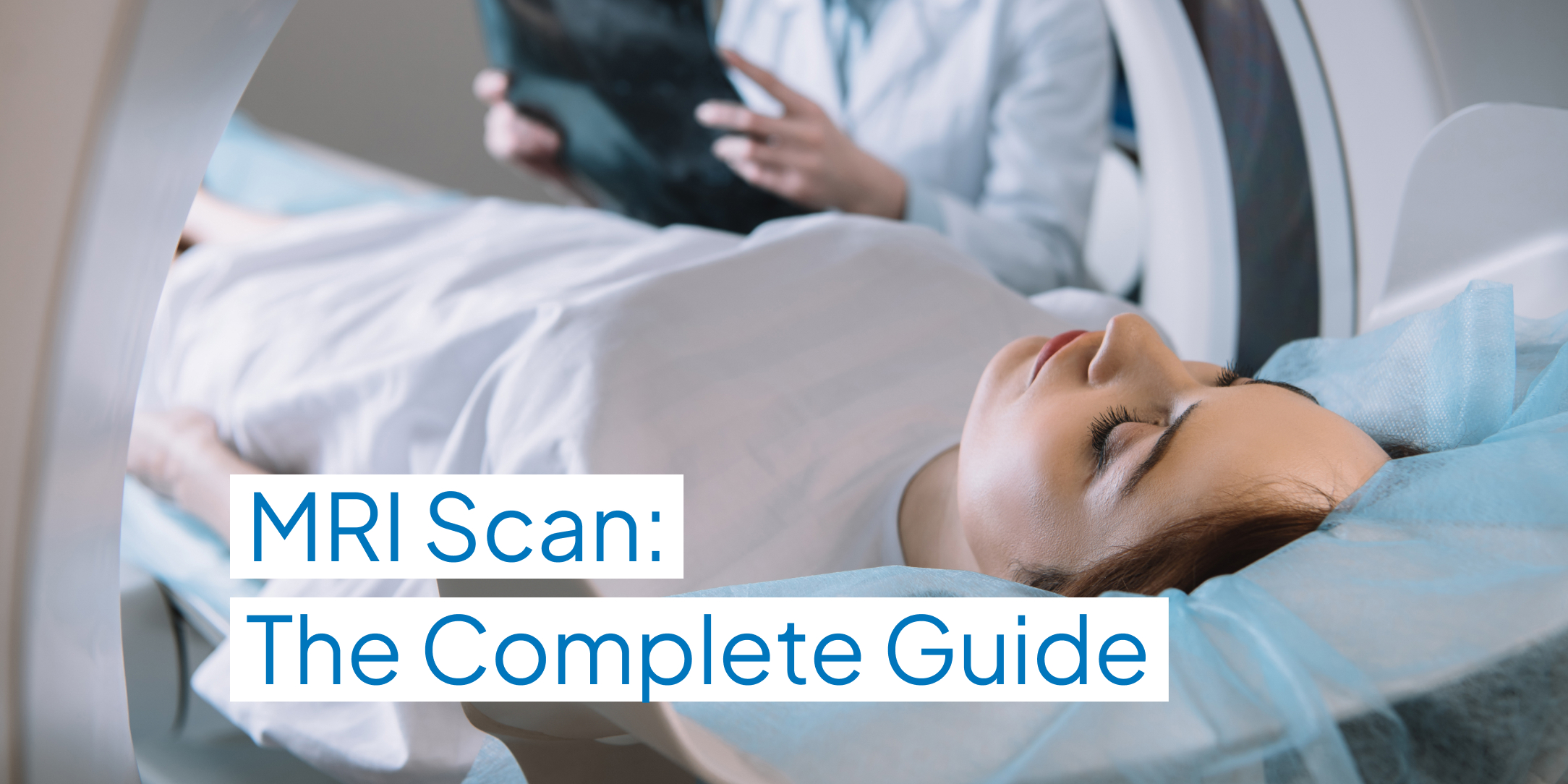An MRI scan is a crucial diagnostic tool that uses radio waves and a magnetic field to capture detailed images of your body’s organs. The procedure usually lasts about 30 minutes, and staying still is essential for accurate results. To avoid potential issues like nausea or discomfort, proper preparation is key. In this guide, we’ll focus on why fasting before an MRI is sometimes necessary and how to ensure a smooth, stress-free experience.
Understanding fasting before an MRI with contrast

When you're scheduled for an MRI (magnetic resonance imaging), especially one with contrast, you might be told to fast. Fasting can be a confusing concept for many, so let's break down why it's important when it applies, and what it means for you.
Why do you have to fast before an MRI with contrast?
MRI scans with contrast involve injecting a special dye, typically gadolinium, into your veins. This dye helps to enhance the images and gives doctors a clearer view of tissues, organs, and blood vessels. Fasting before such a scan is usually required to reduce the risk of nausea or vomiting, which can sometimes happen as a side effect of the contrast agent. If you’re nauseated and need to vomit, lying flat during the scan can become problematic.
How long should you fast before an MRI with contrast?
The fasting period before an MRI with contrast can vary. Typically, you’ll be asked to fast for 4 to 6 hours before the scan, but always follow the instructions given by your doctor or radiologist. This allows your body to process any food, reducing the chance of feeling unwell during the scan.
MRI without Contrast: Can you eat before an MRI scan?
For most MRI scans without contrast, eating and drinking before the procedure is usually allowed. However, there are exceptions based on the area of the body being scanned. For example, if your abdomen or pelvis is being examined, you may be asked to avoid eating a few hours before to ensure better image quality.
Can you drink water before an MRI?
In many cases, drinking water before an MRI scan is perfectly fine, even with contrast. Staying hydrated is often recommended, as it helps flush the contrast agent out of your system after the scan. However, some facilities may ask you to stop drinking water a few hours before the scan, especially if anesthesia is involved, to prevent complications.
What happens if you don’t drink enough water after an MRI with contrast?
After an MRI with contrast, it's crucial to drink plenty of water to help your kidneys flush the contrast dye from your body. If you don't drink enough water, the dye might stay in your system longer, potentially putting extra strain on your kidneys. In rare cases, people with pre-existing kidney problems can develop a condition called nephrogenic systemic fibrosis if the contrast isn't adequately cleared. While this is rare, staying hydrated helps minimize any risks.
Medications to Avoid Before Your MRI Scan

Before an MRI with contrast, certain medications may need to be avoided due to potential risks. For example, metformin, used for diabetes, can pose a risk of lactic acidosis in individuals with kidney issues, especially after receiving contrast. NSAIDs like ibuprofen may worsen kidney function, increasing the risk of complications when contrast is used. Always inform your healthcare provider about any medications you're taking, as adjustments may be needed to ensure safety and avoid adverse reactions related to kidney health.
Sedatives and anti-anxiety medications may cause drowsiness or difficulty in remaining still, which can lead to motion artifacts and blurry images. Additionally, drugs that alter kidney function, such as NSAIDs or metformin, can impact how the body processes contrast agents, potentially skewing the clarity of the images.
Tips to avoid consuming liquids if you experience bladder urgency
If you experience bladder urgency before an MRI scan, limit liquid intake for a few hours beforehand to reduce discomfort. Avoid caffeinated or diuretic drinks like coffee and tea, as they increase urine production. Sip small amounts of water if needed but stop at least an hour before the scan. Empty your bladder right before the MRI begins to ensure you're more comfortable during the procedure. If bladder urgency is a persistent issue, inform the medical staff so they can make accommodations or provide additional guidance.
Key takeaways
- Fasting is usually required before an MRI with contrast to reduce nausea risks.
- You can generally eat and drink before non-contrast MRIs unless told otherwise.
- Water is often allowed before an MRI but follow specific instructions.
- After the scan, hydrating is essential to help remove the contrast dye from your body.
If you're ever unsure about preparation for your MRI, your healthcare provider will give you the most accurate and tailored advice for your situation. Following these guidelines ensures the best quality images and a safe, comfortable experience.
Conclusion
Fasting before an MRI with contrast is crucial to ensure your safety and comfort during the scan. While you can typically eat and drink before non-contrast MRIs, it's essential to follow the specific instructions provided by your healthcare team to avoid any complications. Staying hydrated after the scan helps your body clear the contrast agent, ensuring a smooth recovery. If you're ever unsure about preparation, feel free to ask your medical provider for tailored advice.
Book your MRI scan with Getscanned and use our expert support and consultation services today!




